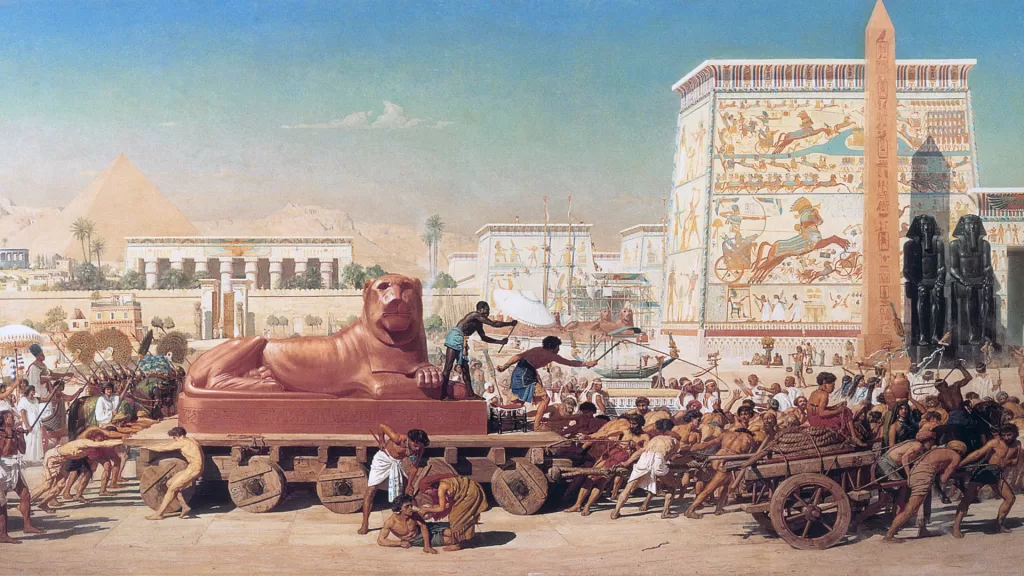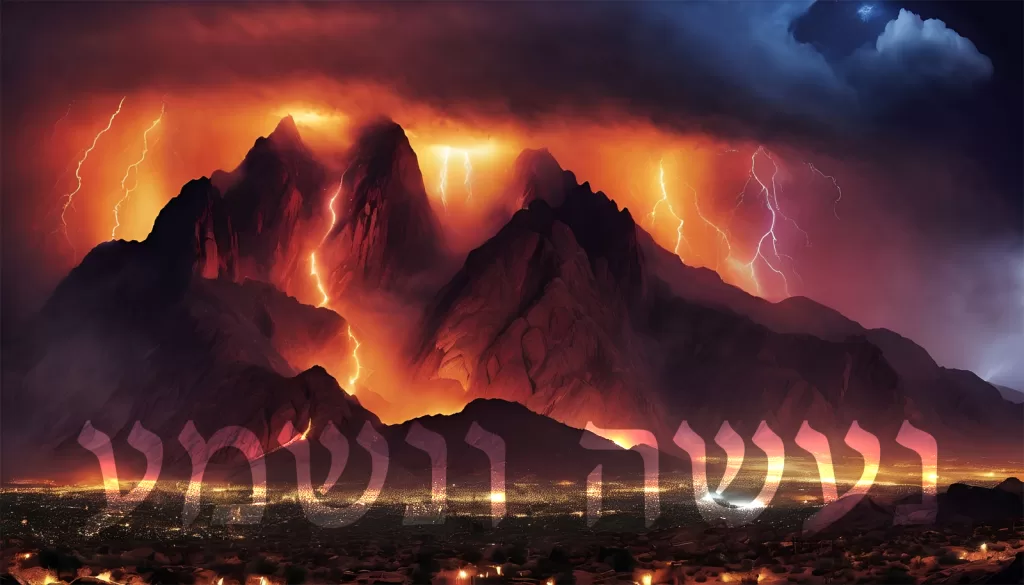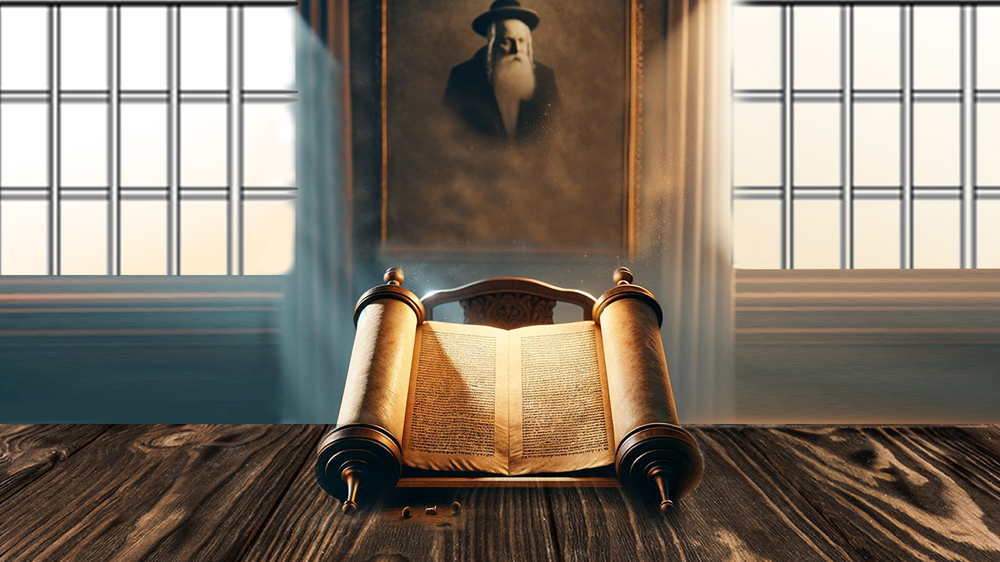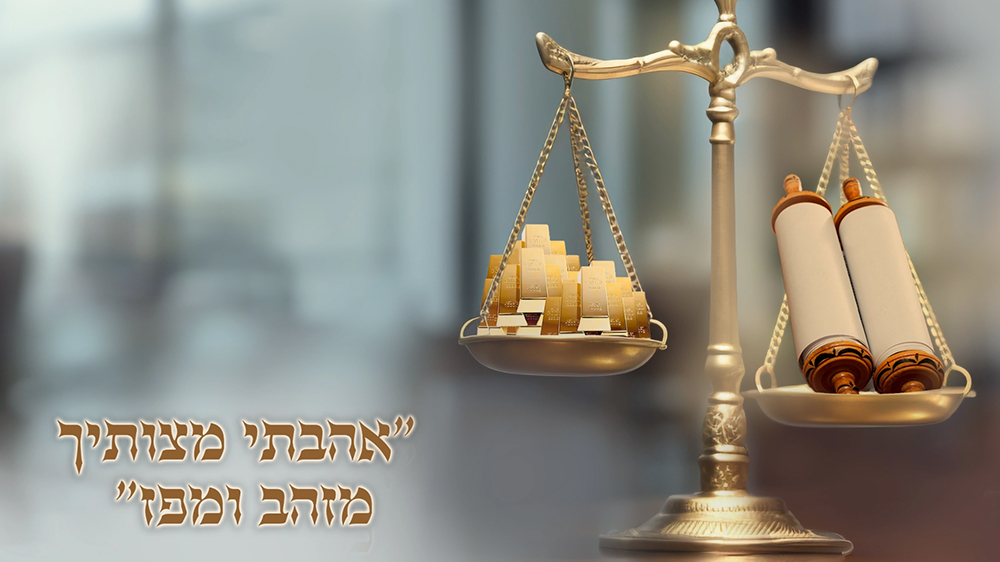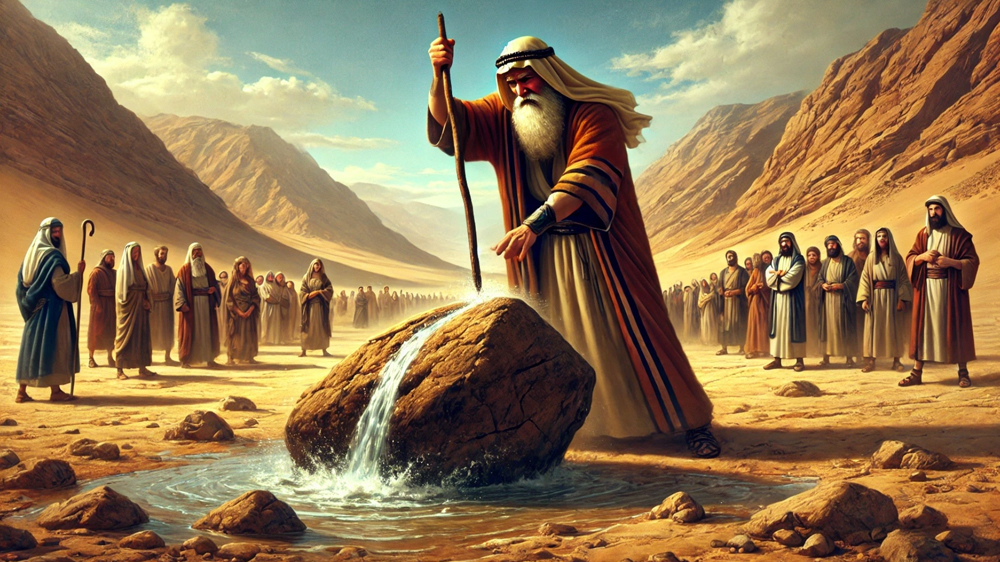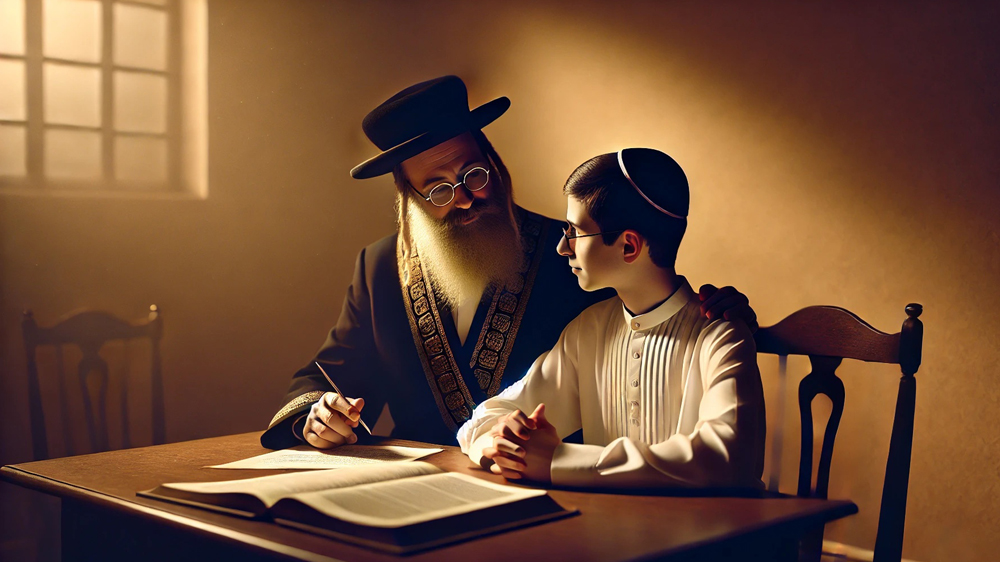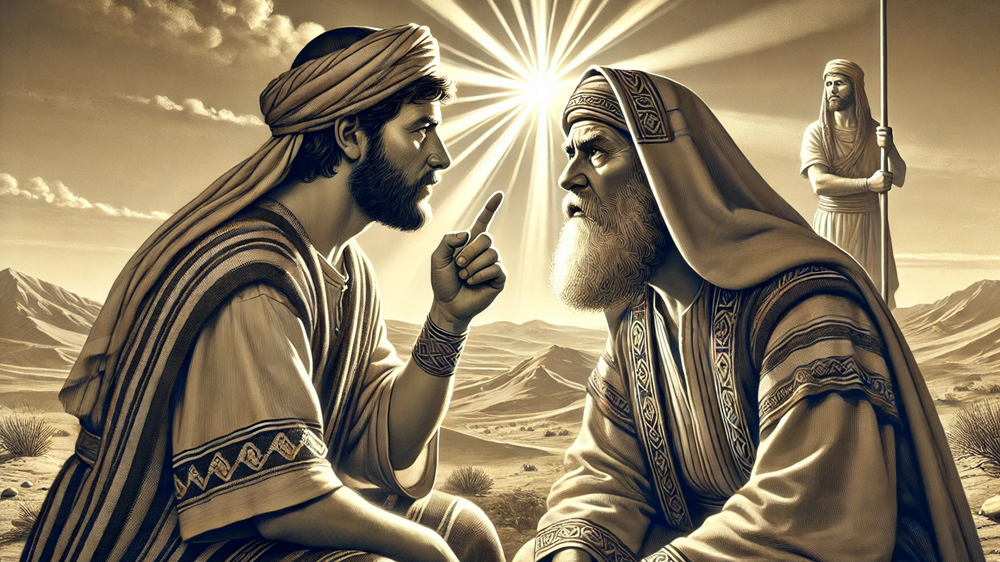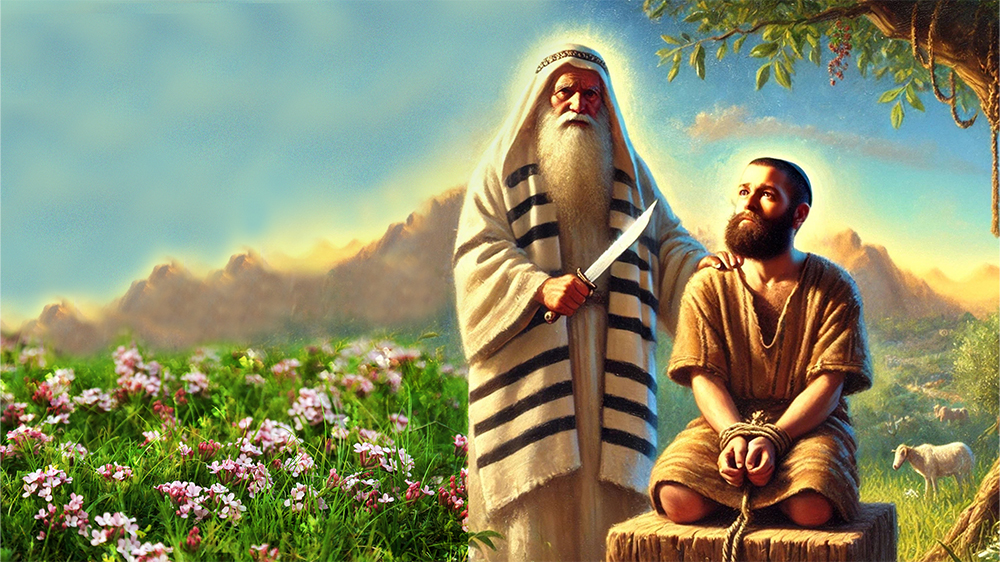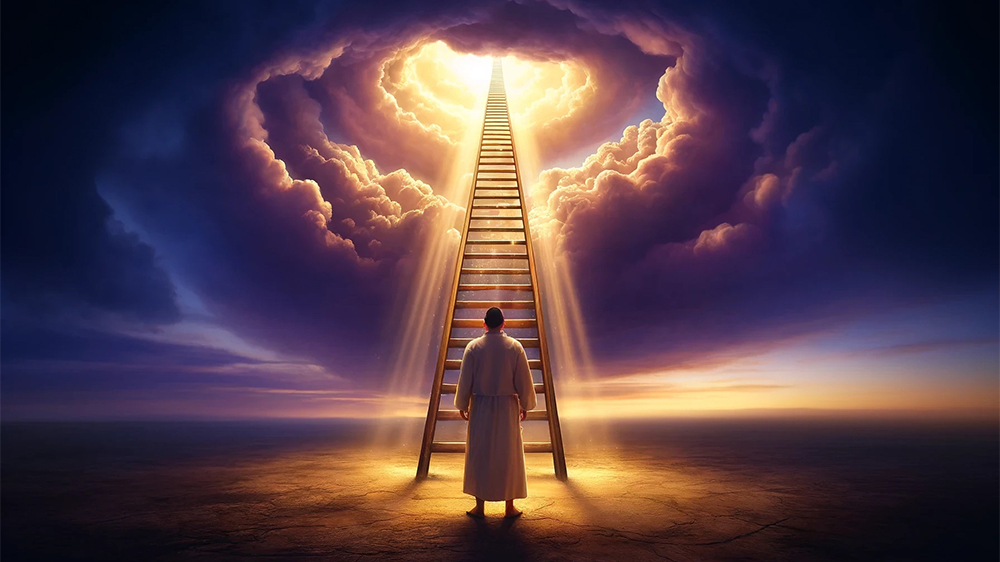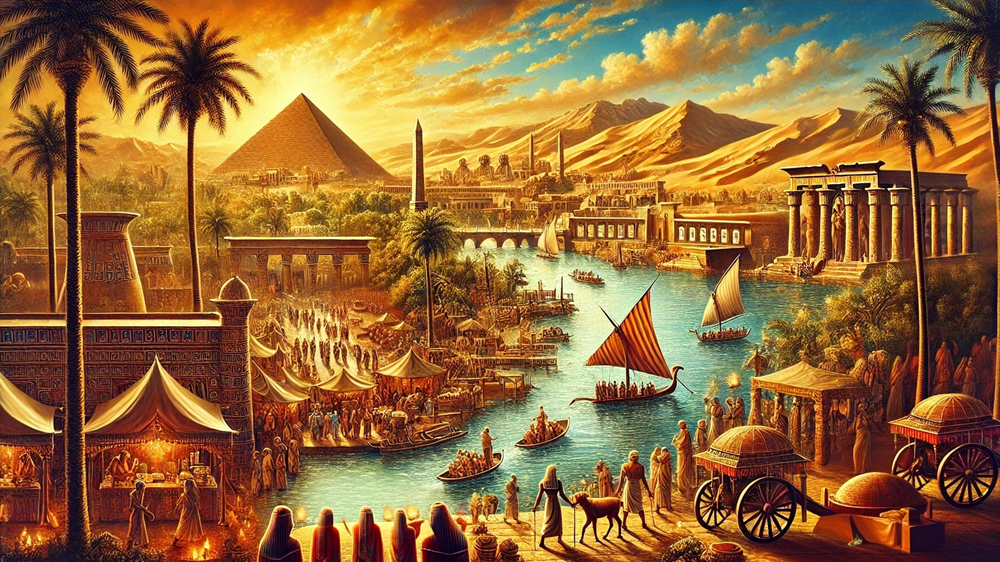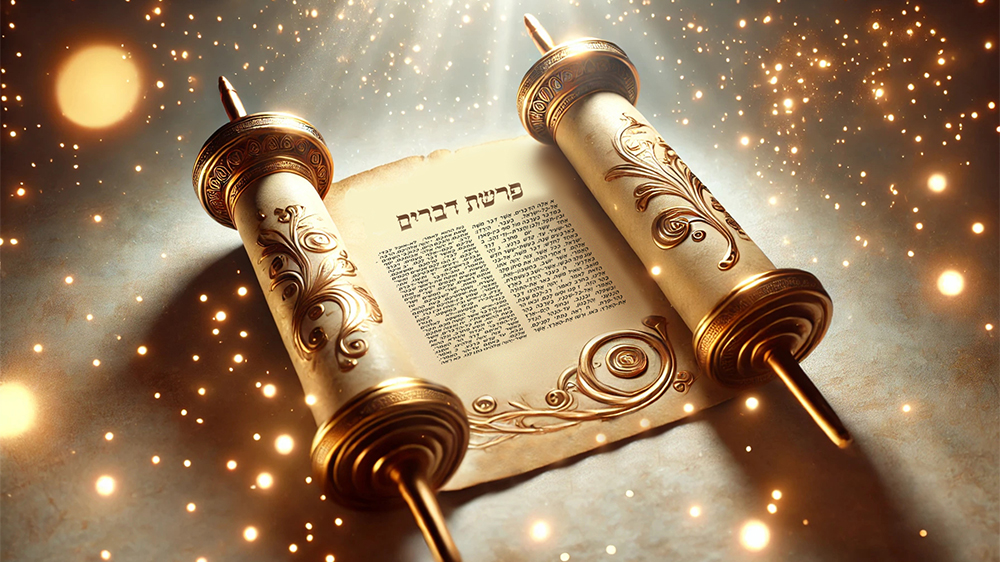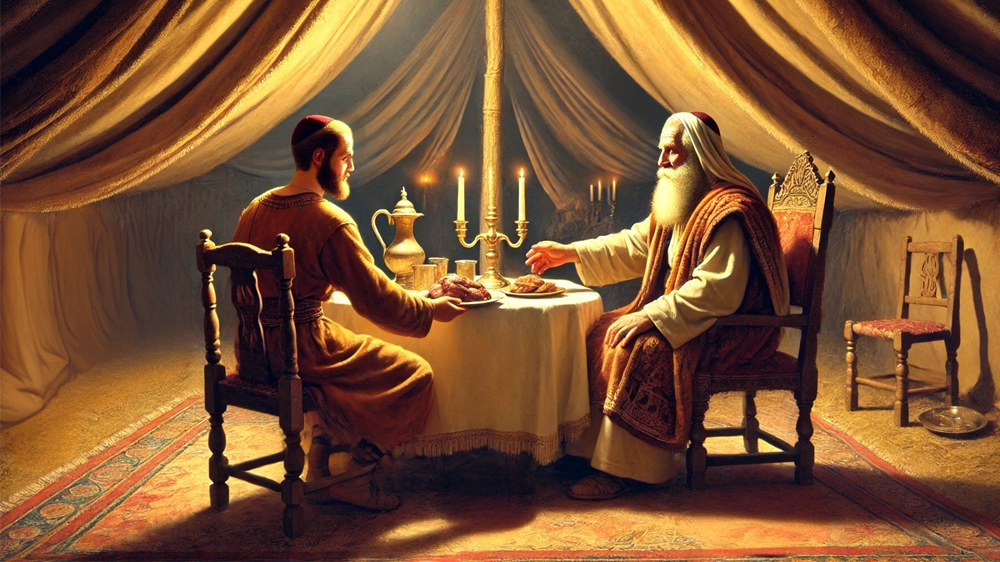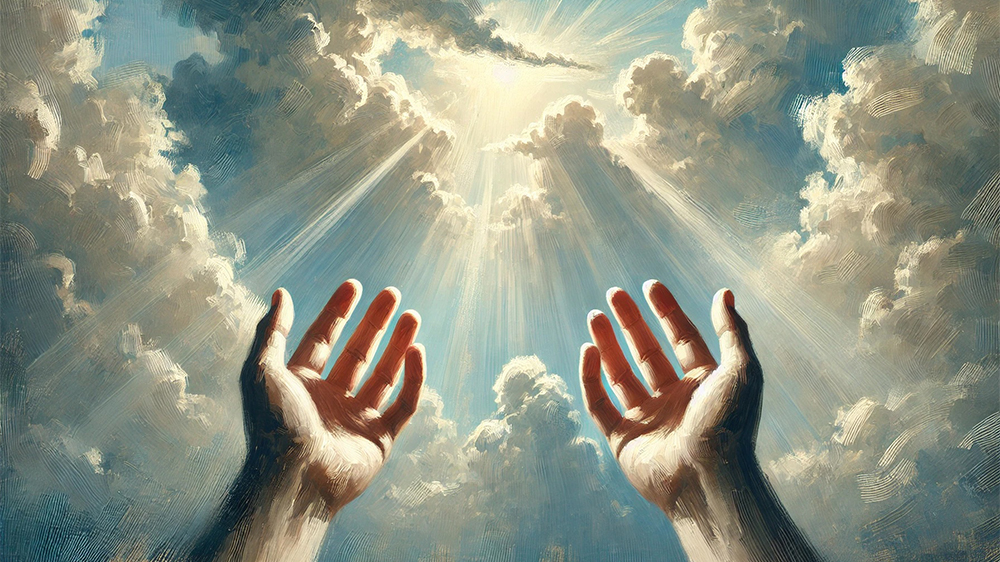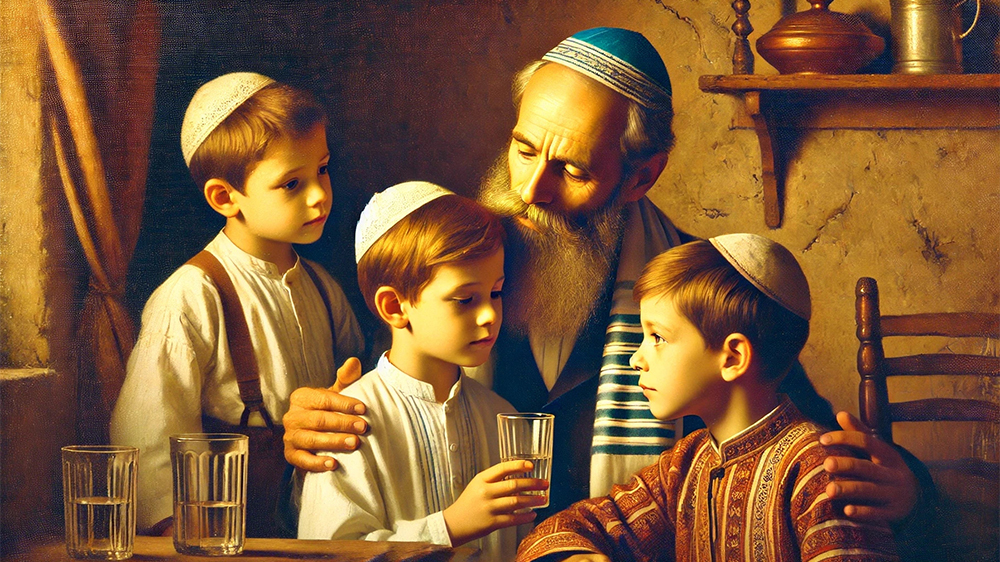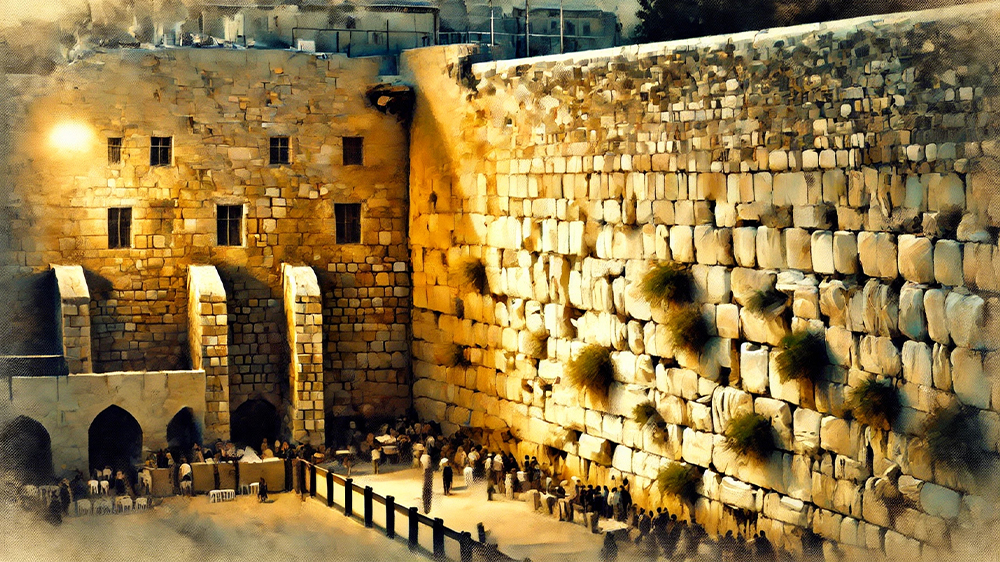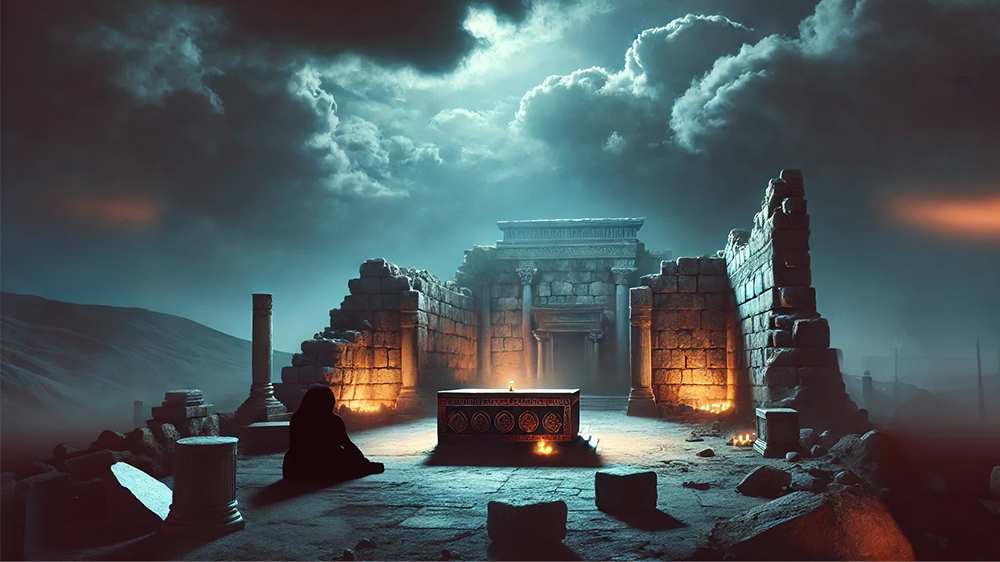Diaspora Yeshiva Toras Yisrael | Mount Zion, Jerusalem
Imrei Mordechai, Volume Two
A Collection of Inspirational Insights from the "Mussar Shmoozes" of HaGaon Rabbi Mordechai Goldstein, ztzvk"l
“Moshe sent away his father-in-law, who returned to his land” (Shemos / Exodus 18:27). According to the Midrash, this was before Matan Torah [the giving of the Torah]. Why would Moshe [Moses] sent Yisro [Jethro] away at such a critical time?
The baalei mussar ask: what is the big deal about saying naaseh venishma [we will do and we will hear]? At Sinai, they were about to receive the Torah. What would have been wrong with declaring that they were ready to hear and learn all of the mitzvos [commandments] of the Torah, and once they knew them, they would do them right away? What would have been wrong with declaring: nishma venaaseh [we will hear and we will do]?
It is said in the name of the Bircas Shmuel that two factors obligate man to act in accordance with them: the Torah and human intellect. Thus said, as with any situation of dual influences, we must contemplate which is subservient to the other.
Midrash Tanchuma relates (Buber ed. Ki Sissa 19): It once happened that Rabi Yochanan was travelling from Teveriya to Tzipori with his student, Rabi Chiya bar Abba
I saw that “not withholding good” applies not only to material good, but also to the true good, which is Torah. Since Torah is the true good, it must be that it is intended in this verse.
The Ran (Drasha 8) says this about nevuah [prophecy], too. The difference between Moshe’s nevuah and that of Aharon [Aaron] and Miriam’s was that when Hashem wanted to communicate with them, He had to call upon Moshe as well.
Imagine the scene: With Hashem’s help, the war was won, and Moshe was on his way to greet the victorious troops. These were Jews who were willing to give their lives for Klal Yisrael, and who had merited awesome siyatta d’Shemaya [help from Heaven] in reaching their victory.
As was said in the previous chapter, Moshe became angry and asked how righteous soldiers could have left the daughters of Midian alive. Hadn’t they played the most sinister role in this war, leading Jews to sin?
In Maseches Kiddushin 39b, Rabbi Yaakov states that in this world, there is no such thing as receiving reward for mitzvos [commandments]. It follows that wherever the Torah mentions reward or benefit, the intent is the World to Come.
I want to give over an idea from the mashgiach of Yeshivas Mir, Harav Yerucham Levovitz. I merited to daven at his tziyun [monument] when I was in Europe, and therefore I feel a special meaning in his words. I think they bear a very important lesson for us.
Book of Genesis] (50:17), Yosef’s [Joseph’s] brothers come before him with an important message after the passing of their father, Yaakov [Jacob]. The brothers thought that without Yaakov, Yosef might now turn against them because of what they had done to him, selling him into slavery.
In the previous chapter, we learned that the mitzvah [commandment] of teshuva is not only a procedure of regret and acceptance for the future, but rather something that must effect a man’s entire being.
“A path of life [waits] above for the wise one, so that his soul will turn away from the grave below” (Mishlei / Proverbs 15:24).The baalei mussar [masters of ethical teachings] explain that a man must aspire to grow above and beyond where he is right now, and reach higher spiritual levels
Explore the unique status of Sefer Devarim—its divine origins, Moshe’s role, and how it redefines rebuke, teshuva, and our bond with Hashem
When Yitzchak Avinu felt that his end could be near, he commanded Esav: “Now sharpen, if you please, your gear — your sword and your bow — and go out to the field and hunt game for me
“And He listened to him; and Rivka, his wife, became pregnant.” Notes the Gemara (quoted by Rashi on the verse), Hashem hearkened to Yitzchak’s prayers, and not Rivka’s—it doesn’t say He listened to them [both]. Why?
“Why have You caused evil to this nation; why have You sent me? Since I spoke to Pharaoh in Your Name, he did only bad to this nation, and You haven’t saved them!”
What are four forms of prayer we pray to receive what we need from the Creator of All, and why do we use the titles, “Our Father, our King?”
What makes Eretz Yisrael, Torah, and Shabbos unique gifts to the Jewish people? Discover the spiritual lessons and connections in this chapter.
Hashem was ready to forgive His own honor, but not that of Klal Yisrael—a lesson for all generations, to uphold the honor of the Klal.
Belief is not just a state that a person either has or doesn’t have. Rather, it is a mida [trait] of a person—that he believes, that he relies on Hashem, that he has perfect faith. A person has to work hard to achieve this trait of faith.
Why does Parshas Terumah precede the Golden Calf? Discover the Mishkan’s deeper purpose and timeless spiritual lessons.
Why do we mourn the Korban Tamid and the Beis Hamikdash? Discover why our loss should still shake us today. Are we truly longing for redemption?
More chapters coming soon, b’ezras HaShem…
Come Learn Torah!
From beginner to advanced, if you’re a Jewish man, 18 to 35 years of age, and you’re ready to give your heart to HaShem, and to get serious about learning Torah, Diaspora Yeshiva has a place for you with us on Mount Zion, Jerusalem.
